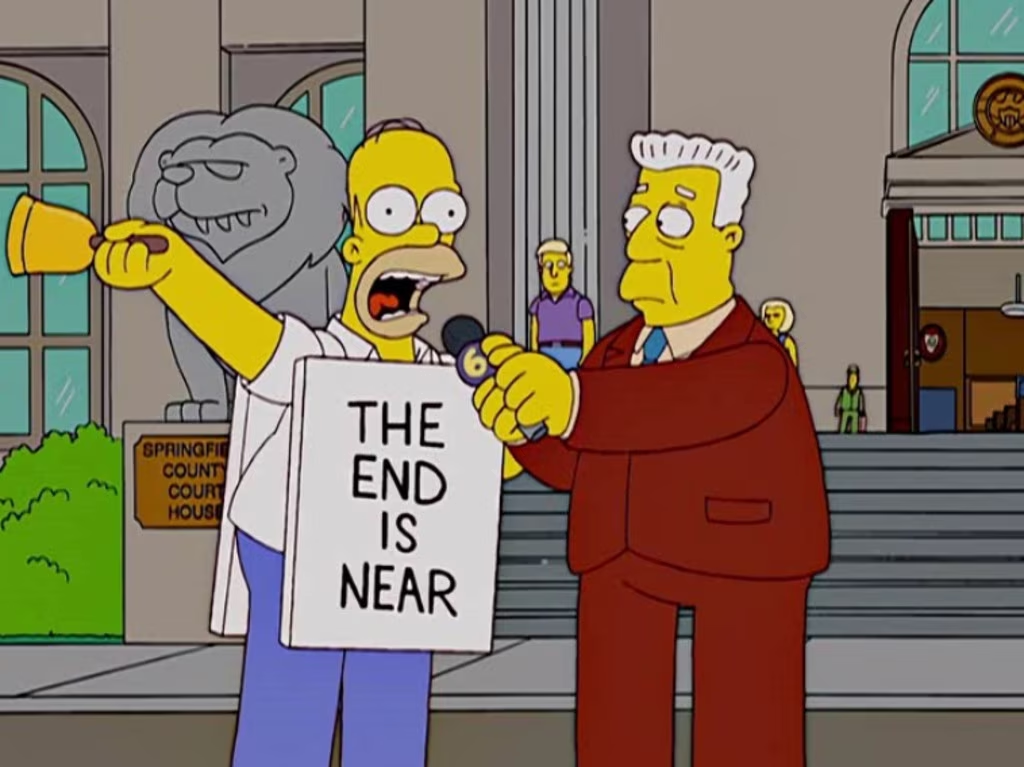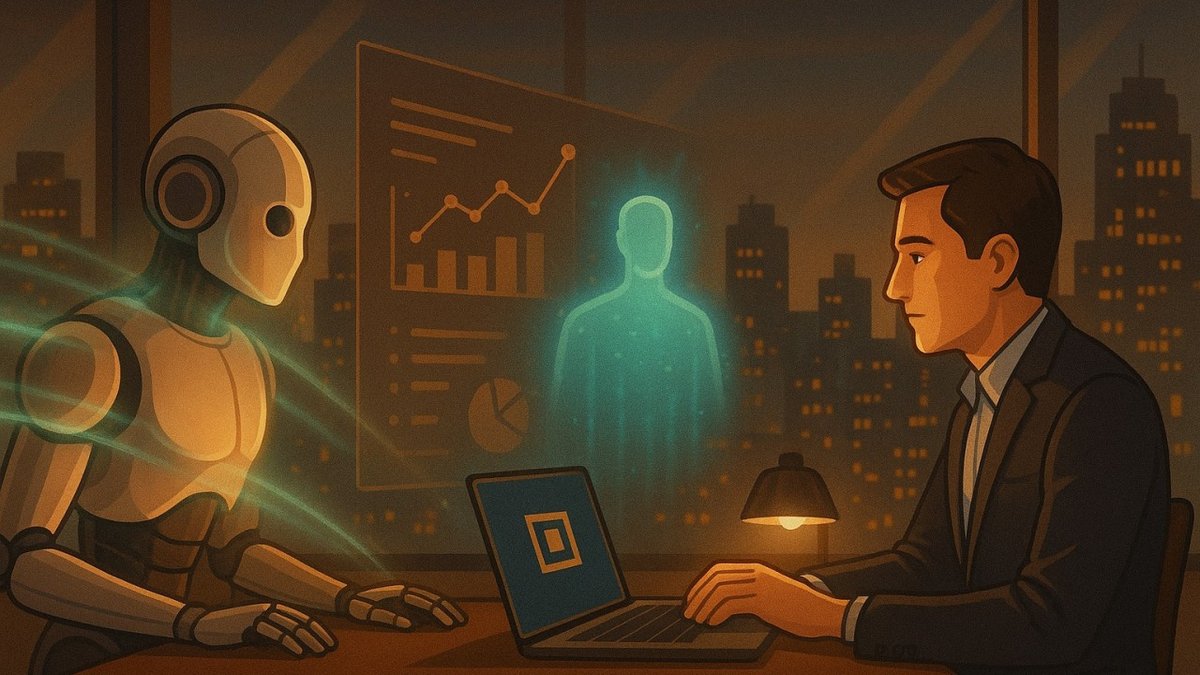Introduction
From ancient prophecies to modern internet conspiracies, the “end of the world” has always been a captivating subject. Human beings are fascinated with predicting their own extinction, and every few months a new theory sweeps across social media, sparking waves of panic, humor, and satire. The latest viral sensation is no different: a bizarre doomsday claim that had Twitter, TikTok, and Reddit users in hysterics. Instead of fear, this prediction triggered endless memes, jokes, and sarcastic commentary.
The Latest “End of the World” Theory
The newest doomsday idea spreading online revolves around a claim that a rare planetary alignment, unusual solar flares, or mysterious coded messages hidden in pop culture are pointing toward an imminent apocalypse. Within hours, screenshots of supposed “evidence” started spreading: blurry diagrams of planets, altered NASA press releases, and out-of-context quotes from scientists. Some influencers even posted dramatic videos suggesting humanity had mere days left. But instead of causing widespread panic, the theory was met with laughter, parody, and witty commentary.
The Internet Reacts With Humor
- Memes of procrastination: “Guess I don’t need to do laundry if the apocalypse is on Thursday.”
- Mock survival plans: People joked about binge-watching Netflix or ordering extra pizza before doomsday.
- Celebrity scapegoats: Some blamed Mercury retrograde, Elon Musk, or even the Kardashians.
- Fake countdowns: TikTokers created eerie “NASA warning” videos only to reveal pizza rolls at the end.
Why Doomsday Theories Go Viral?
Fear, curiosity, and entertainment drive clicks. Conspiracy theories also have huge meme potential. Humanity has always been fascinated with apocalyptic predictions, from Nostradamus to the Mayan 2012 calendar scare.
A Brief History of Past Predictions
Memorable scares include the Y2K bug (2000), the Mayan calendar (2012), and Planet Nibiru (2017). Each caused global buzz but ultimately faded into comedy—just like today’s viral theory.
How Social Media Transforms Panic into Parody
Unlike in the past, modern online culture neutralizes fear with humor. Instead of stockpiling food, people stockpile memes. This shared laughter creates a sense of control over uncertainty.
Conclusion
The latest bizarre doomsday theory is less about the end of the world and more about how we process fear in the digital age. Social media users turned a potentially frightening prediction into a global comedy trend. If the world ever truly does end, one thing is certain: the internet will go down joking.



